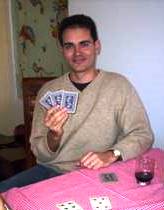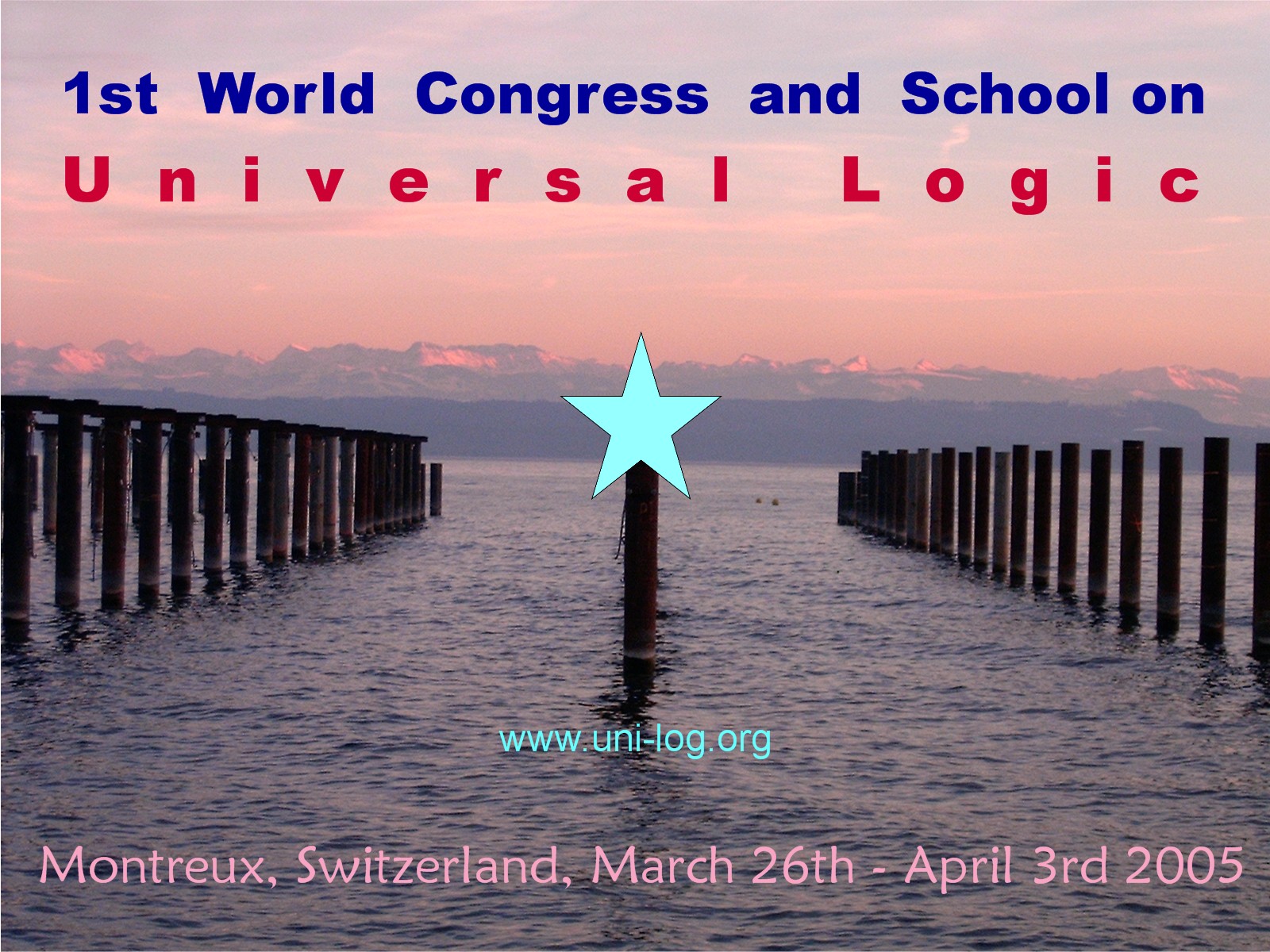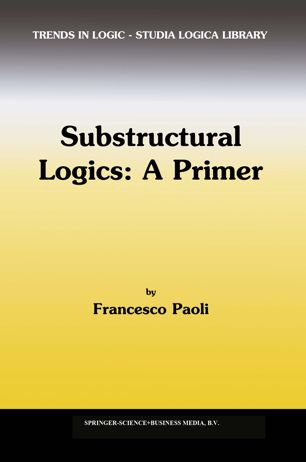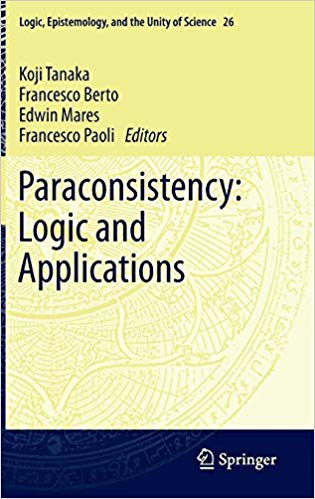|
3) How do you see the evolution of paraconsistent logic? What are the future challenges?
Being kind of a left-fielder, I probably lack the global perspective and the centrality that would make me fully qualified to answer such a difficult question. So, let me just say this. I may be wrong, but I have the impression that much of the research on paraconsistent logic, lately, has centred either on its philosophical foundations or on its applications. These are excellent pursuits, sure, but perhaps not the ideal ground to persuade outsiders to become involved into paraconsistent logics. I suppose that what should be more emphasised is the fact that paraconsistent logics are an outstanding repertoire of intriguing unsolved logical problems, waiting for smart people who want to try their hand. What I mean is, paraconsistent logicians should try to do what Bob Meyer did with Harvey Friedman when he managed to get him involved in his relevant arithmetic project! This is the lesson we are taught from the history of science, and of logic in particular: the more revolving doors you have between different disciplines, the more beneficial this exchange becomes for all of them. From this point of view, events like the Universal Logic conferences are a wonderful opportunity. Paraconsistent logicians should go there in disguise, so to speak, talk about their open problems, and disclose only at the end the area of logic they belong to. Then you’d hear people saying: “Oh, was that paraconsistent logic? Man, who would have thought it was such a challenge? Let’s give it a try!”
|



